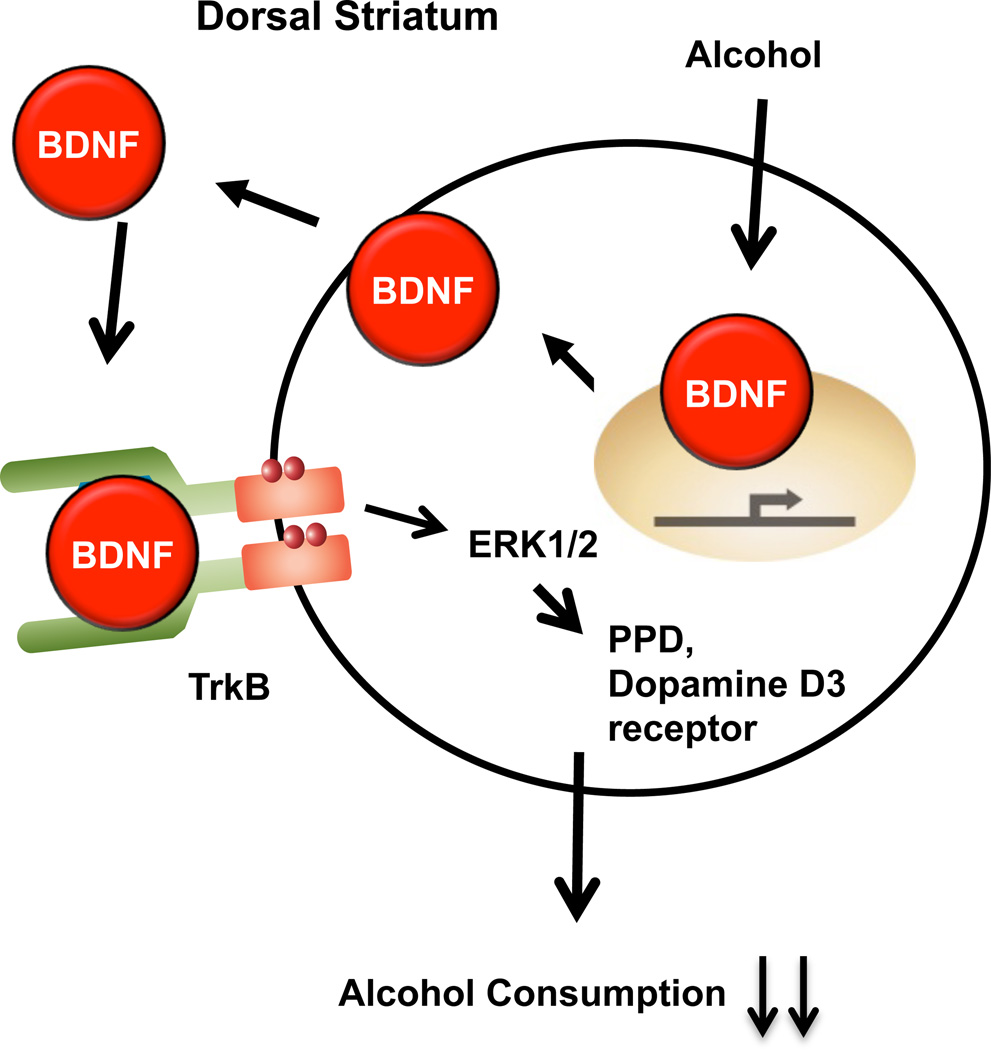Figure 3. A model depicting the molecular mechanisms underlying BDNF’s actions in the DLS.
(a) Moderate levels of alcohol produce an increase in BDNF mRNA, which is then translated to the polypeptide. Secreted BDNF activates its receptor TrkB, resulting in receptor autophosphorylation and the activation of ERK1/2. ERK1/2 translocates to the nucleus where it participates in the transcription of preprodynorphin and the dopamine D3 receptor mRNA resulting in their translation and processing. Activation of the dopamine D3 receptor and the kappa opioid receptor in turn control the level of alcohol drinking. (b) After alcohol intake has escalated, as observed in limited access paradigms, the corticostriatal BDNF supply is reduced due to elevated expression of miRs in the medial prefrontal cortex. While alcohol may still increase BDNF expression, miRs target BDNF transcripts for degradation, resulting in decreased BDNF mRNA expression in the medial prefrontal cortex and thus less release of BDNF by cortical inputs in the dorsal striatum. This breakdown of corticostriatal BDNF yields elevated levels of alcohol intake.

